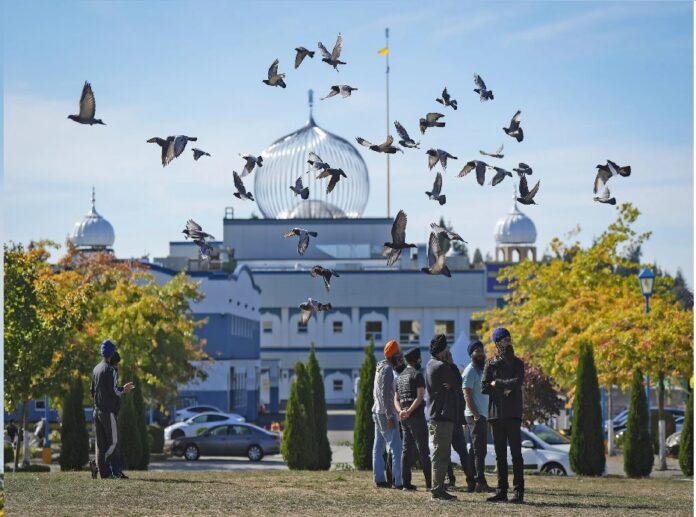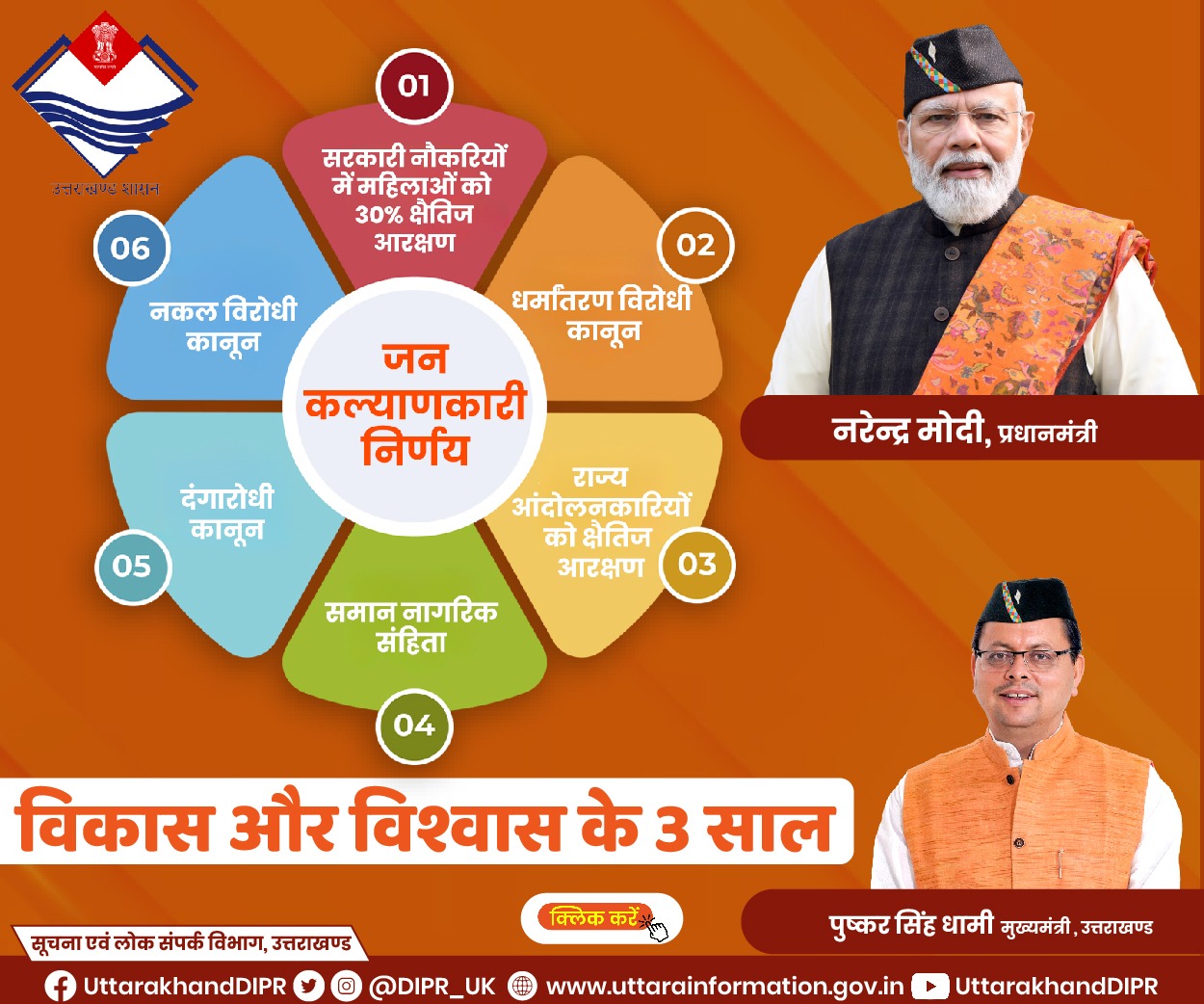Following New Delhi’s criticism of Western nations for their inactivity towards separatist movements, India was accused of being responsible for the murder of a Sikh leader in Canada.
The accusation was made on Monday by the prime minister of Canada, and a full-scale diplomatic conflict quickly ensued. Canada sent messages of concern in Canberra, Australia, and Washington, D.C., urging its allies to band together to confront India. In a tit-for-tat action, India moved to remove a senior Canadian diplomat, and Indian officials lined up to complain to Canada.
However, years of diplomatic animosity lay behind the decline in relations to what officials and analysts considered the lowest point ever. Western countries, most notably Canada, are seen in New Delhi as having done nothing while radical Sikh groups, including the one led by the killed Canadian, promoted a cause that poses a threat to the Indian state.
As the diaspora mobilization for Khalistan, the independent nation that Sikh secessionists want to establish in the Punjab region, has vandalized Indian diplomatic missions and threatened Indian diplomats, Indian officials have accused their counterparts in Canada, Britain, the United States, and Australia of inaction.
However, if the presence of Indian spies is proven, it may signal a daring new direction for the country’s security services. Analysts and former security officials predicted that Hardeep Singh Nijjar’s murder would be the first such known case in a Western country, despite the Research and Analysis Wing, or RAW, of India being long suspected of involvement in targeted killings in neighboring countries.
The Indian government needs to treat this situation seriously, said Canadian Prime Minister Justin Trudeau to reporters on Tuesday in Ottawa. “It is extremely serious and has far-reaching consequences for international law and order.”
Part of India’s domestic politics have been reflected in its response. The Khalistan cause receives minimal support in Punjab, the Indian administration has long said. Though the largest threat to Prime Minister Narendra Modi’s ten-year rule, the Sikh-dominated farmers’ movement of 2020 and 2021, was painted by ruling-party leaders with the same wide “secessionist” brush as radical Sikh elements outside.
Many commentators have come to the conclusion that Mr. Modi may be using Khalistan as a big threat as part of a tried-and-true political and electoral strategy in which he positions himself as the defender of India, particularly its Hindu majority.
The diplomatic row started on Monday when Mr. Trudeau declared in an urgent speech to Parliament that Canadian security services had substantial evidence linking Indian operatives to the British Columbia killing of Sikh separatist leader Mr. Nijjar. The largest Sikh population outside of India is in Canada, where the government has vowed to take decisive steps to defend its inhabitants and sovereignty.
India is the target of Canada’s assassination claim
A stunning accusation has further strained relations between the two countries, accusing India of killing a Sikh leader in British Columbia in June. The situation is described in “The Daily”.
President Biden is forced between two American allies as a result of the claimed assassination: one of America’s oldest allies and a more recent ally that he has been courting.
The accusation has reignited long-simmering tensions within Canada’s Indian diaspora, pitting Hindu nationalists against proponents of the establishment of an independent Sikh state.
India vehemently denied the accusation. Its Foreign Ministry denied “any attempts to connect the government of India” to Mr. Nijjar’s passing in a statement and charged Canada with harboring “extremists and terrorists” who “continue to threaten India’s sovereignty and territorial integrity.”
Former Indian ambassador K.C. Singh claimed that by withholding any information linking the attack to the Indian government, the Trudeau administration compromised the seriousness of Canada’s claim as a Group of 7 nation.



